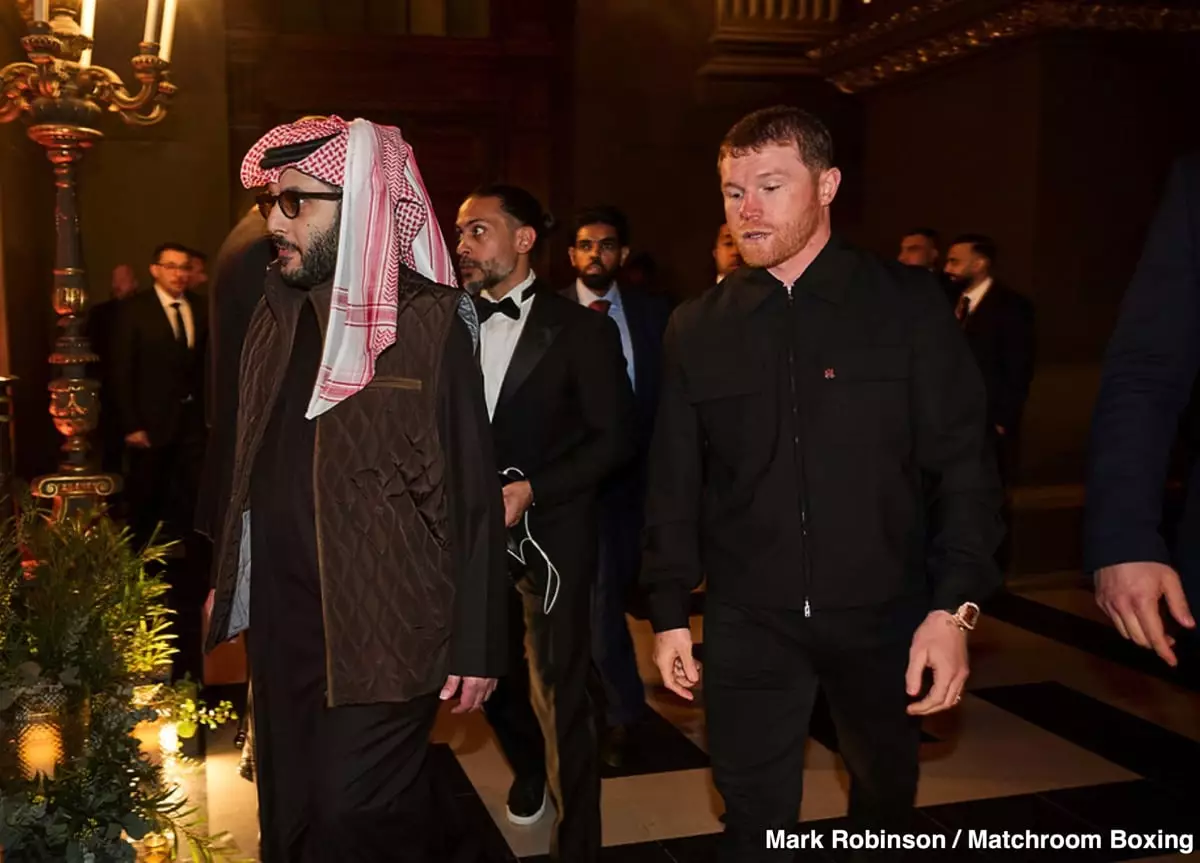The upcoming showdown between Terence Crawford and Canelo Alvarez on September 13th is generating considerable buzz in the boxing world. However, the opinions regarding this match-up are starkly divided. Rolando ‘Rolly’ Romero, a rising star himself, dismisses Crawford’s chances against Alvarez, branding him as simply “too weak” for the challenge he’s about to face. While some factors may be rooted in boxers’ abilities, the conversations surrounding legacy and monetary motivations are critical to dissect.
Crawford, with a track record of 41 wins, 31 of which are knockouts, is no stranger to the ring’s intensity. Nevertheless, many, including Romero, question his decision to move to the super middleweight category, not out of competitive ambition, but for a financial payday. This sentiment highlights a major issue within boxing today: whether champions are genuinely motivated by legacy or rather attracted to lucrative purse offerings.
Romero’s assertion that Crawford is “cashing out” paints a rather unflattering picture of the boxer’s move to 168 lbs. An athlete’s legacy is often intertwined with their choices; thus, Crawford’s decision to fight someone renowned for their power and experience in the category raises eyebrows. If this bout were genuinely about legacy, why wouldn’t Crawford take an interim fight at this new weight class before diving into the deep end against a fighter like Alvarez?
For fans and analysts alike, the rationale is troubling. A champion should have the heart to compete at their new level before facing an established monster like Canelo, whose accolades include a staggering record of 62 wins, 39 by knockout. The discrepancy in size and experience between Crawford and Alvarez becomes another underlying issue that cannot be ignored.
Romero’s comments emphasize the stark reality of sheer size in the boxing ring. Fighting at 168 lbs presents an entirely different ballgame than Crawford’s previous weight classes. The physical power that comes with the higher weight division could vastly outweigh Crawford’s technical abilities. Canelo isn’t the inexperienced fighter he was when he faced Floyd Mayweather; he has matured and honed his skills into a powerhouse. The defense and movement that Crawford displayed against competition at lighter weights might become irrelevant against a relentless force like Alvarez.
Moreover, the historical context matters as well. When Jermell Charlo, a fighter at a similar weight to Crawford, moved up to face Canelo, it wasn’t the size of the opponent that caused concern, but the explosive talent that Canelo possesses. Comparatively, Crawford is stepping into an entirely different level of magnitude that forces fans to question whether he can endure the punishment he will undoubtedly encounter.
In the grand narrative of boxing, every fighter carries the weight of their decisions, and Crawford’s leap into the super middleweight arena is no exception. It is not merely about who lands the hardest punches; it’s a question of strategic planning and the motivations behind those strategies. If Crawford’s aims were indeed rooted in legacy-building, he would be taking a different approach. Instead, it feels like he is putting his reputation on the line while eyeing a substantial paycheck.
Amidst the chaos of promo hype leading to the fight, it’s crucial for fans to recognize the underlying narratives shaping this bout. Is it a test of legacy for Crawford, or merely a strategic pivot for financial gain? As the fight nears, all eyes will be glued not just to the combatants in the ring, but also to the dialogues spoken before and after it, which encapsulate their true motivations.


Leave a Reply